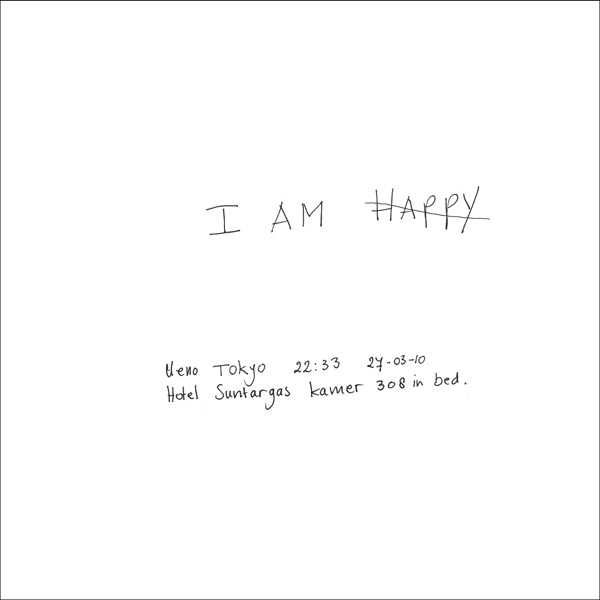{LMC}: An Interview with Megan Garr, Editor of Versal
Versal 9 was the January selection for Literary Magazine Club (details of our next selection, Monday). Did you read the issue? What did you think? My favorite story was Carmen Petaccio’s “Tornado,” where the writer personified a tornado and created a really imaginative story. I also admired Stace Budzko’s “To Be Glad And Young,” particularly the ending. Versal editor Megan M. Garr and I had a great conversation via e-mail about Versal, the proliferation of magazines, being based in Europe, arrogance, editorial humility, and more.
Versal—where does the name come from?
Shakespeare’s Romeo and Juliet, where he shortens the word “universal” to keep with the meter. It’s from a random comment by the nurse in act 2. Somewhere along the line the word “versal” also came to take on the meaning “single”. I liked that conflation, ten years ago when I was first figuring out how to live in a foreign country.
A “versal” is also that ornamental capital letter at the beginning of old texts – a fact that suits us, I think, with our attention to design.
READ MORE >
Unbearable Intimacies and the Lives of Others: Two Memoirs
Until recently, there was only one memoir, that isn’t even a memoir, I truly loved—an essay by Cheryl Strayed called The Love of My Life which originally appeared in The Sun. I read that essay often because it is unbearably intimate, the writing is impeccable, and the essay, the memoir, the writing speaks to something greater than the story being told.
I don’t read a lot of memoir which is kind of strange because I am nosy. I love reading personal blogs and I’m fairly obsessed with reality TV where I can witness unbearably intimate moments in people’s lives even if they (and I) are fully aware the subjects are choosing which intimate moments to expose. Memoir is much the same way. Like reality TV, a memoir doesn’t provide the reader with unfettered access to a writer’s life. That access is measured; it is controlled. We may learn private, intimate things about someone’s life but only because they want us to know those things. There’s a deceptive quality to the honesty of memoir.
Even though I find similarities between memoirs and one of my favorite indulgences, I have long stayed away from reading memoirs because I haven’t quite understood what compels people to divulge their secrets. It’s one thing to dress the truth up as fiction, but to share the truth as truth is another matter entirely, one that confounds me.
I have no idea how to review a memoir because you’re not only reviewing the writing or how someone conveys their recollections of some aspect of their life, you’re also, in some ways reviewing the life lived. That makes me uncomfortable. Who am I to judge? Who am I to traipse through a writer’s memories. They’ve chosen to expose themselves, yes, but have they chosen to have that exposure dissected?
November 10th, 2010 / 1:30 pm


